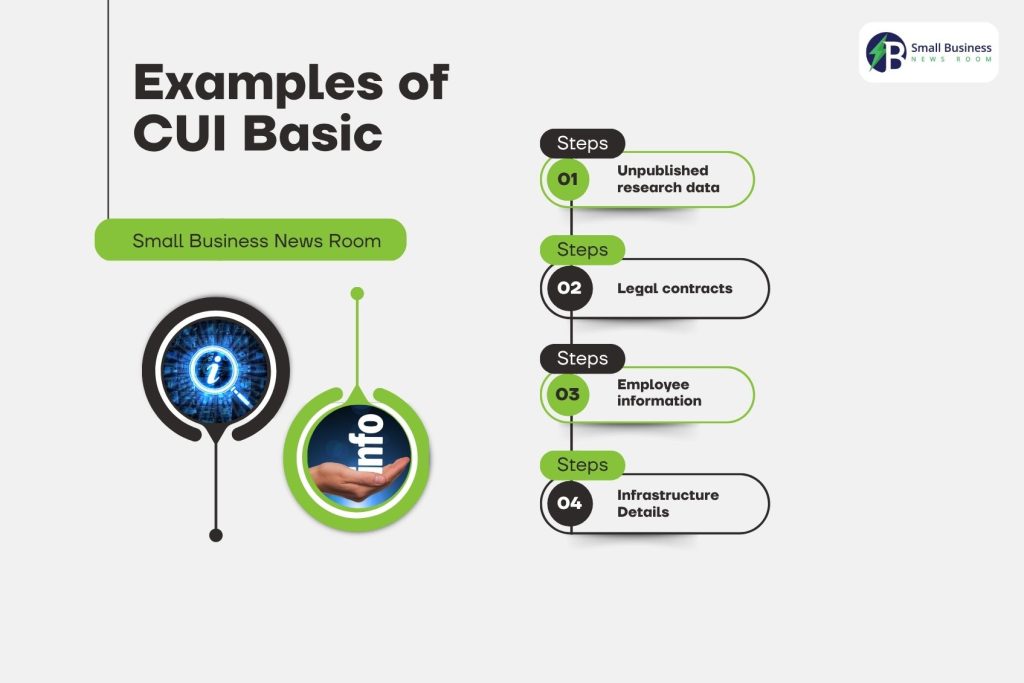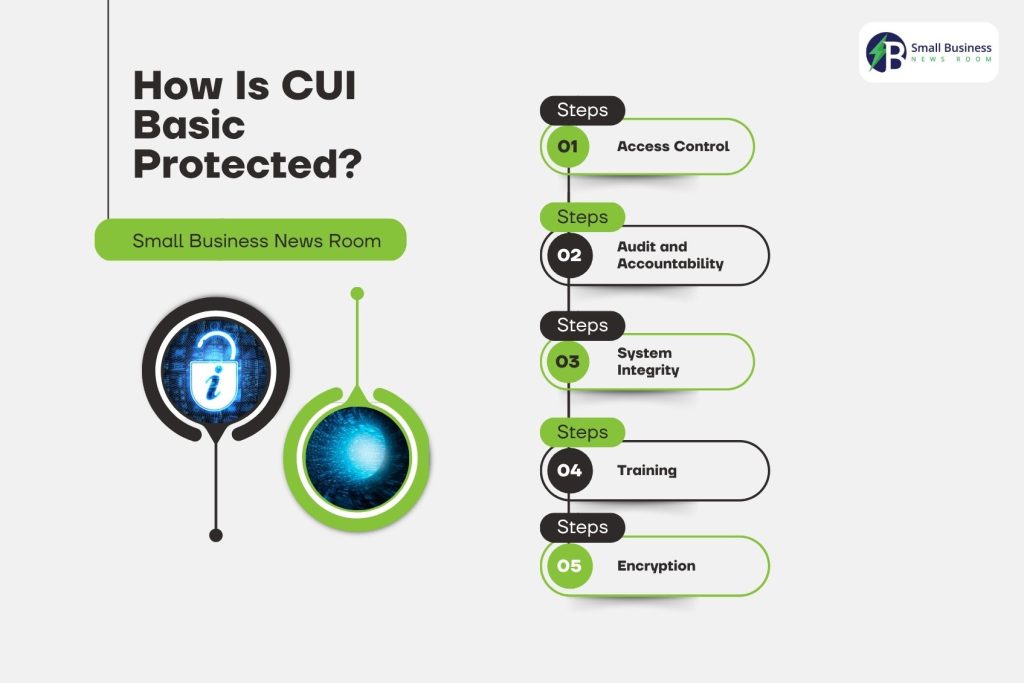Table Of Contents
What Is CUI Basic? A Friendly Guide to Controlled Unclassified Information
Have you ever scrolled through government websites or dived into their cybersecurity policies? In that case, you must have come across the term CUI. Now, you must have wondered, “What is this CUI anyway?”
Well, the term CUI stands for controlled unclassified Information.
But wait! Here, the main confusion comes in when you come across another CUI term, “CUI basic”. Trust me! I was confused at first when I saw the term.
Then I conducted some research, and now I am here to help you understand “what is CUI basic”. Don’t worry! There won’t be any tech-speak or policy jargon! This is just going to be a simple, easy-to-understand guide for you!
Let’s Start with the Basics: What is CUI
Before we start talking about “what is CUI basic,” first, we have to take a look at the broader picture.
CUI or Controlled Unclassified Information mainly talks about the data or information that the government considers sensitive; however, it is not classified.
Simply put, it is not about national secrets or some top-secret intel. But it is not something that you would want floating around freely.
Think of CUI as the middle child of government data:
- Not Classified: It doesn’t need the highest level of security clearance.
- Not Public: You can’t just post it on your blog or share it at a party.
CUI could be anything! It can be export control documents and law enforcement records! Or it can also include health data, personally identifiable information (PII), or military building plans.
If mishandled, this information could cause a ripple of problems, privacy violations, breaches of trust, or even national security issues.
So, What Is CUI Basic?

Alright, now that we’ve got CUI covered, let’s tackle the main question: What is CUI Basic?
It is a subcategory of CUI that falls under general safeguarding requirements. In simple terms, it means this type of information must be protected.
Still, it doesn’t come with any extra, special rules beyond the default security practices established by the federal government.
Imagine CUI is a toolbox. CUI Basic is the standard hammer and screwdriver, tools you always need, used in almost every project, and governed by common rules.
Then there’s CUI Specified, which is more like specialty tools, fancy equipment with specific instructions on how to use and store them. We’ll talk more about that later.
So when someone asks, “What is CUI Basic?”, the answer is:
It’s the foundational level of Controlled Unclassified Information that requires general security measures without any extra, agency-specific instructions.
Examples of CUI Basic

Let’s take a look at some real-world examples that can help you understand CUI basics. I hope these things will help you to make things much clearer for!
Unpublished research data: Let’s say you are working on a scientific study that the federal government funds. In that case, your raw data might be considered as a CUI basic.
Legal contracts: Certain federal contracts and procurements fall under CUI basic.
Employee information: Let’s say the government shared some employee records with the contractor.
That information will be considered as the CUI basic. This especially occurs if the data includes their social security numbers or their addresses.
Infrastructure Details: These details include floor plans or specifications of a military base. These data are not usually classified. However, it could still pose a risk if leaked.
These types of documents don’t come with special handling rules from a specific agency, but you still need to secure them following the National Archives and Records Administration (NARA) guidelines.
How Is CUI Basic Protected?

Now that we’ve answered what is CUI Basic, let’s talk about how to protect it.
Are you a government employee? Or maybe a contractor? In that case, you are familiar with the systems such as NIST SP 800-171 and a set of standards that also includes CUI basics.
In such cases, you have one single goal: to mitigate the data leaks and cyberattacks. But, how can you achieve that? Well, you just have to enforce the robust cybersecurity measurements.
Here’s what that usually includes:
1. Access Control
Only authorized individuals should have access to CUI Basic. Think password protection, role-based permissions, and locked cabinets if it’s physical data.
2. Audit and Accountability
Systems must track who accessed the information and when. If there’s a breach, you should be able to trace it back.
3. System Integrity
You have to ensure that your software and hardware are secure. What does this mean? Well, it means using antivirus programs, firewalls, and keeping everything updated.
4. Training
Training is crucial. You cannot just overlook that particular area. This would help them to recognize, handle, and report CUI.
5. Encryption
Whenever you get a chance, try to encrypt emails or files that contain CUI Basic. Especially if they’re being transmitted over networks.
In short, while this doesn’t require rocket-science-level protection, it still demands thoughtful care and compliance.
CUI Basic vs. CUI Specified: What’s the Difference?
Apart from CUI basic, there’s another thing that you must know, and that is CUI Specified. Now you know that it follows general safeguarding rules.
On the other hand, CUI Specified includes information that comes with extra requirements. These might be laid out in laws, government-wide policies, or agency-specific rules.
Here’s a quick comparison:
| Feature | CUI Basic | CUI Specified |
| Protection Level | General Safeguarding (default) | Extra or specific protections required |
| Marking Required | Yes | Yes |
| Laws Referenced | Not specified in the law | Protection mandated by law or regulation |
| Flexibility | More standardized | Varies by agency or information type |
So while both types fall under the CUI umbrella, CUI Specified is the VIP guest with a custom security escort. CUI Basic is important too, but doesn’t get the red-carpet treatment.
Why Should You Care About CUI Basic?
That’s a fair question. After all, if it’s not classified, why worry?
Here’s the deal:
Compliance is very necessary! Let’s say you are a contractor or maybe an employee, and you are supposed to handle CUI. Have you ever thought about what will happen if you fail to protect the CUI basics?
Well, unfortunately, if you fail, you may end up paying the contract penalties and audits! Who knows? You may even get banned from all sorts of future projects.
You see! Cybersecurity is no joke. You cannot take it lightly. Hackers? They love going after th “low-hanging fruit”. You might think that the data is under the unclassified, so the hackers might ignore that one!
No! That is not exactly how it works for the hackers. Things that you think are invaluable might be valuable to the wrong people.
Read More:















